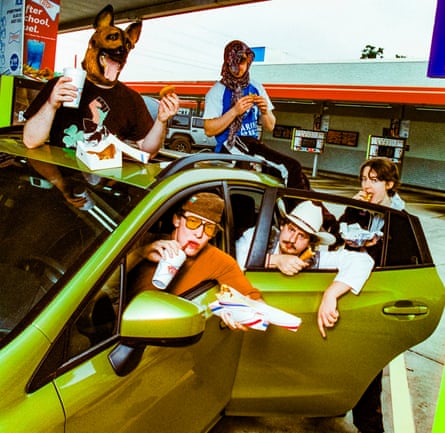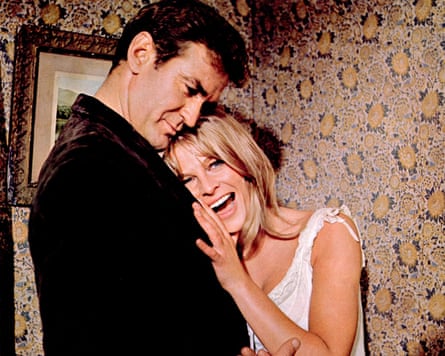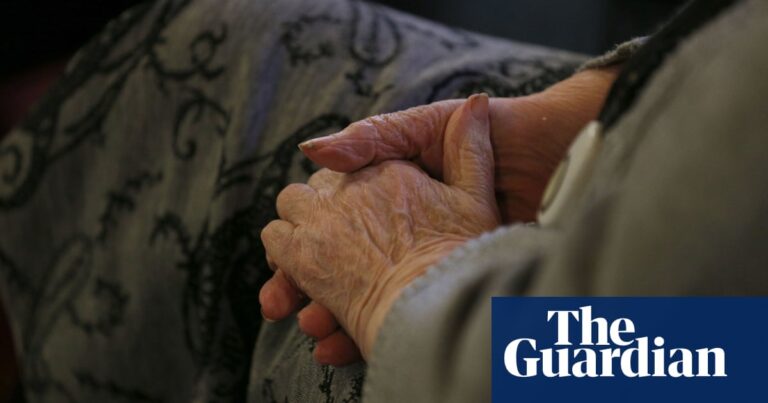Picture the scene: you’re on a sticky dancefloor, VK Apple in hand, and a metallic bassline is blaring through the speakers. People in the club are wearing heels and, inexplicably, officewear. It’s the mid to late 00s and electro-house is crashing its way through nightclubs and into the mainstream: Wiley’s Wearing My Rolex, Fedde Le Grand’s Put Your Hands Up for Detroit and Bodyrox’s Yeah Yeah all reached the UK Top 3 in this period.
When Charli xcx released Von Dutch, the lead single from her 2024-defining album Brat, the similarities to Yeah Yeah were such that some listeners assumed it had been sampled (her team have since clarified that the resemblance is a homage). You can hear the genre in other Brat tracks like Guess and Sympathy Is a Knife – plus a swathe of other pop this summer – as the stabbing synths recall a gloriously trashy, silly era of dance music crossing over into pop.
Evolving out of the electroclash sound of Felix da Housecat et al, plus fidgety hits like Mr Oizo’s Flat Eric and mutated forms of trance such as Zombie Nation’s Kernkraft 400, electro-house was a chaotic reaction to the slicker or more melancholy genres of trance and Daft Punk-style filter house that had preceded it. Take Benny Benassi’s scene-defining hit Satisfaction, which was inspired by car horns and has a warped bassline that came from a wrongly installed copy of Logic production software.
Ultra-compressed noise and rasping riffs came to dominate as the sound became more big-room and commercial; Dutch producer Fedde Le Grand dominated this era with tracks like Let Me Think About It and The Creeps, and France’s David Guetta/The Egg scored a hit with Love Don’t Let Me Go. The genre was quickly maligned for being cheesy and some artists have since distanced themselves from it (Skepta’s student-night favourite Rolex Sweep is notably absent on streaming services). But just as the recent “indie sleaze” craze put the spotlight back on 00s buzz bands, the nostalgia cycle means that electro-house is back – and being heartily embraced for the tinny sound that people once rejected.
Alongside Charli, new-school tracks include Confidence Man’s Break It Down (On the Bassline), Tove Lo and SG Lewis’s Busy Girl, and those on Kim Petras’s Slut Pop Miami EP. There’s traces of it in Self Esteem’s Big Man and the work of besuited NYC hipster the Dare, and Toddla T recently shared a drum’n’bass rework of Wearing My Rolex with rapper LZee. Mason vs Princess Superstar’s 2007 track Perfect (Exceeder) had a prominent placement in Saltburn last year, catapulting it back into the collective consciousness (although it had already been surging in electronic circles due to dubstep newcomer Hamdi’s rework Counting).
after newsletter promotion

London band Fat Dog blend genres from punk to klezmer, but one of the highlights of their live sets is a cover of Benassi’s Satisfaction. The ubiquitous bassline – now played on guitar – incites mosh pits due to “nostalgia, really,” say the band over email. “It’s like flicking a switch in the brain of everyone who grew up in the 00s.” Sure enough, there was pandemonium when Charli xcx played the original track in a recent DJ set.
Indie artist Master Peace is also cheerfully channelling nostalgia, using Justice and Calvin Harris as reference points while making his debut album How to Make a Master Peace, which was also inspired by TV music channels and the Skins soundtrack while growing up. “I would have been doing myself an injustice if I never tapped into a genre and era that means so much to me and my development as a young adult,” he says, and the tracks Heaven and I Might Be Fake (which has a remix with Princess Superstar) duly platform those chunky electro-house riffs.
“To move a sound forward you always have to reference backwards,” argues Interplanetary Criminal, the producer behind 2022’s No 1 hit B.O.T.A. (Baddest of Them All), who recently released No Time, a track with the characteristic electro-house sound. He says that nostalgia can be a force for good, and highlights the evergreen brilliance of the Korg MS-20 filtered bassline, the cornerstone of electro-house between 2006 and 2008, which laid the groundwork for the eventual explosion of EDM.
The original scene’s music videos, with oiled-up women using power tools, bouncing on exercise balls or playing trumpets in lingerie, were part of the same male-gaze era that produced Nuts and Zoo magazines, and have dated very badly. But these images often stood in contrast to authoritative lyrics delivered by female vocalists: “You think that you can rub me out, but I’m made of something,” Luciana snarled on Bodyrox’s Yeah Yeah, while Princess Superstar was magnificently self-confident on her Mason collaboration: “Watch me work it, I’m perfect!”
That essence has seemingly been tapped by producer Planningtorock – whose electro-house-referencing Get Your Fckin Laws Off My Body is a powerful affirmation of trans identity – and also by TSHA, for her track Girls. TSHA calls the original electro-house era one of “progression and collective power … Ibiza in its prime, a hedonistic and spiritual place where smartphones had no place on dancefloors,” and says Girls champions the “unexplainable strength that we hold as women”.
So while it sounds as trashy as ever, there’s something triumphantly obnoxious and even rather inspiring about electro-house. In a recent interview with the Face, Charli xcx said she missed “the time when pop music was really volatile and crazy … the Paris Hilton days”, adding that she wanted “things to feel quick and fast and dirty”. After years of intolerably dull wellness culture, it feels good to be messy again.
Source: theguardian.com





















